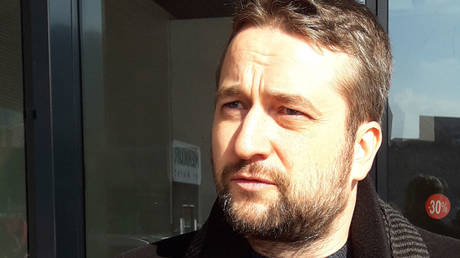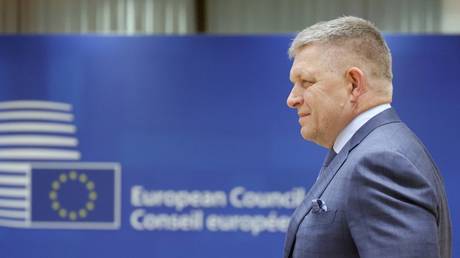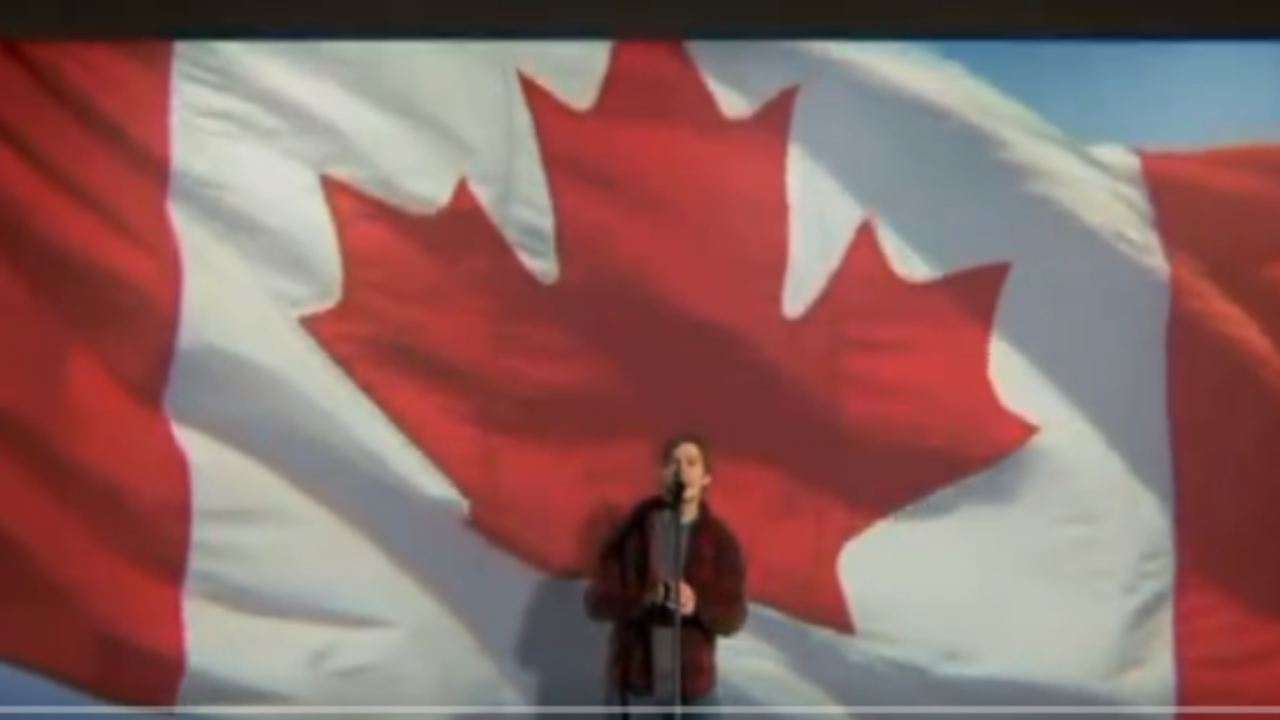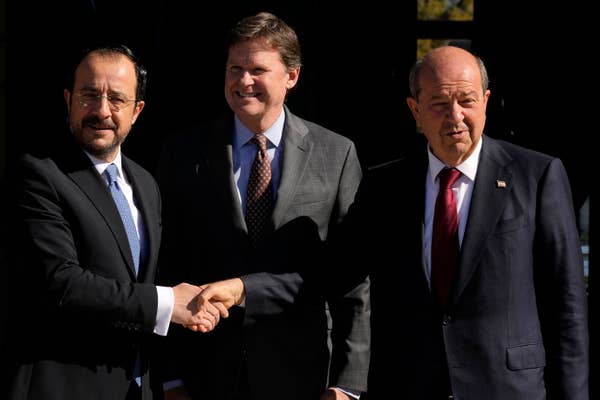ARTICLE AD BOX
Slovakia will not follow its neighbor’s lead and freeze Russian assets on its territory, Prime Minister Robert Fico has said
Slovakia has no intention of following its neighbor’s example and seizing Russian real estate on its territory, Prime Minister Robert Fico told the local news media outlet InfoVojna in an interview aired on Tuesday. The head of government was referring to the Czech Republic, which had previously announced it was targeting dozens of Russian-owned properties as part of a sanctions package.
Fico said he was aware of Prague’s moves, although he does not have “exact information” on the Czech government’s actions. On the contrary, he clarified that Slovakia will “certainly not go the same way.” In addition, the prime minister criticized the EU’s decision to start formal accession talks with Ukraine, saying that Kiev was not ready for full membership in the bloc.
Prague has taken a firm stance on sanctions against Moscow, freezing assets worth millions of euros belonging to Russian business people at the onset of the conflict between Moscow and Kiev in March 2022.
Read more Russia is not our enemy – Slovak lawmaker
Russia is not our enemy – Slovak lawmaker
In November, the Czech government added Goszagransobstvennost, Russia’s agency overseeing state-owned real estate abroad, to its blacklist. Subsequently, authorities sealed around 70 real estate properties owned by the Russian government. Moscow criticized the action as illegal and cautioned that it would necessitate a reciprocal response.
Speaking to InfoVojna, Fico cautioned that Ukraine’s potential accession to NATO could escalate into World War III. He emphasized Bratislava’s opposition to such a scenario, indicating a willingness to exercise its veto power within the US-led bloc to prevent Kiev from joining if deemed necessary.
In November, the country's foreign minister, Juraj Blanar, criticized the EU’s sanctions policy against Moscow by questioning its efficacy.
Read more EU policies threaten ‘destruction’ – member state
EU policies threaten ‘destruction’ – member state
“The 11 packages of sanctions failed to stop Russia while the EU economy is moving towards recession,” the diplomat said at that time, warning that Bratislava would block the 12th sanctions package under certain circumstances. Still, the EU’s 27 member states adopted them on December 18.
Fico leads a three-party coalition government, which came into office in late October. It is his fourth term at the country’s helm. He previously served as prime minister from 2006 to 2010 and from 2012 to 2018. His latest government has taken a distinctive stance on the Ukrainian conflict compared to most other EU members.
His government announced in November that Slovakia would stop supplying Ukraine with military aid and only provide humanitarian support. “We want peace, not war,” Interior Minister Matus Sutaj Estok said at that time.
Fico has personally characterized the EU’s support for Ukraine, sanctions on Russia, and what he termed “fanatic” environmental policies as “destructive for Europe.”
.png)
 1 year ago
6
1 year ago
6








 English (US)
English (US)